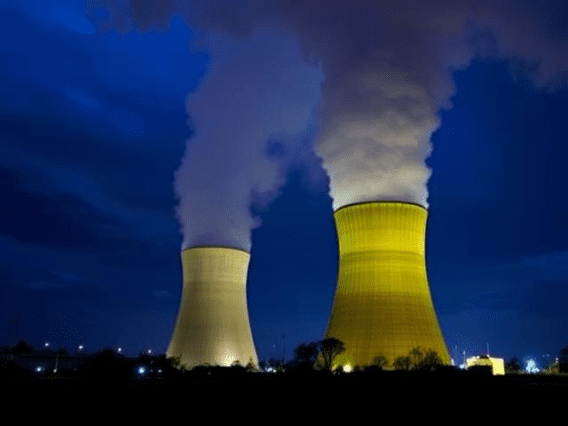Learn about renewable energy: its definition, features, advantages, and disadvantages. Discover how renewable energy sources contribute to sustainability and combat climate change.
Renewable Energy: Definition, Features, Advantages, and Disadvantages
Introduction
In today’s world, the need for sustainable and clean sources of energy has become paramount. One such solution is renewable energy, geothermal energy, which has gained significant attention over the years. In this blog post, we will explore the definition, features, advantages, and disadvantages of renewable energy.
What is Renewable Energy?
Renewable energy refers to energy that is generated from naturally replenishing sources, such as sunlight, wind, rain, tides, and geothermal heat. Unlike non-renewable energy sources like fossil fuels, renewable energy is virtually inexhaustible and has minimal impact on the environment. You may like to learn, about geothermal energy’s pros and cons.
Features of Renewable Energy
There are several key features that distinguish renewable energy:
- Sustainability: Renewable energy sources are sustainable and can be continuously replenished over time.
- Low Environmental Impact: Renewable energy production emits minimal greenhouse gases, reducing the carbon footprint.
- Diversification: Renewable energy offers a diverse range of sources, allowing for energy independence and reducing reliance on fossil fuels.
Advantages of Renewable Energy
Renewable energy offers numerous benefits:
- Reduced Greenhouse Gas Emissions: Renewable energy sources produce little to no greenhouse gas emissions, helping combat climate change.
- Energy Security: Renewable energy diversifies the energy mix, reducing dependence on fossil fuels and volatile international markets.
- Job Creation: The renewable energy sector creates job opportunities, stimulating economic growth.
- Cost Savings: While the initial investment may be higher, renewable energy sources offer long-term cost savings due to lower operational and maintenance costs.
Disadvantages of Renewable Energy
Despite the numerous advantages, there are some disadvantages associated with renewable energy:
- Intermittency: Certain renewable energy sources, such as solar and wind, are intermittent and depend on weather conditions, making energy storage crucial.
- High Initial Costs: The installation and infrastructure costs of renewable energy systems can be higher compared to traditional energy sources.
- Land and Space Requirements: Some renewable energy technologies, such as solar panels and wind turbines, require significant land or space for effective implementation.
Conclusion
Renewable energy is a vital component in the transition to a sustainable future. Its definition, features, advantages, and disadvantages highlight its potential as a clean and reliable source of energy. While challenges exist, ongoing advancements in technology and increasing awareness are driving the widespread adoption of renewable energy worldwide.















7 Comments